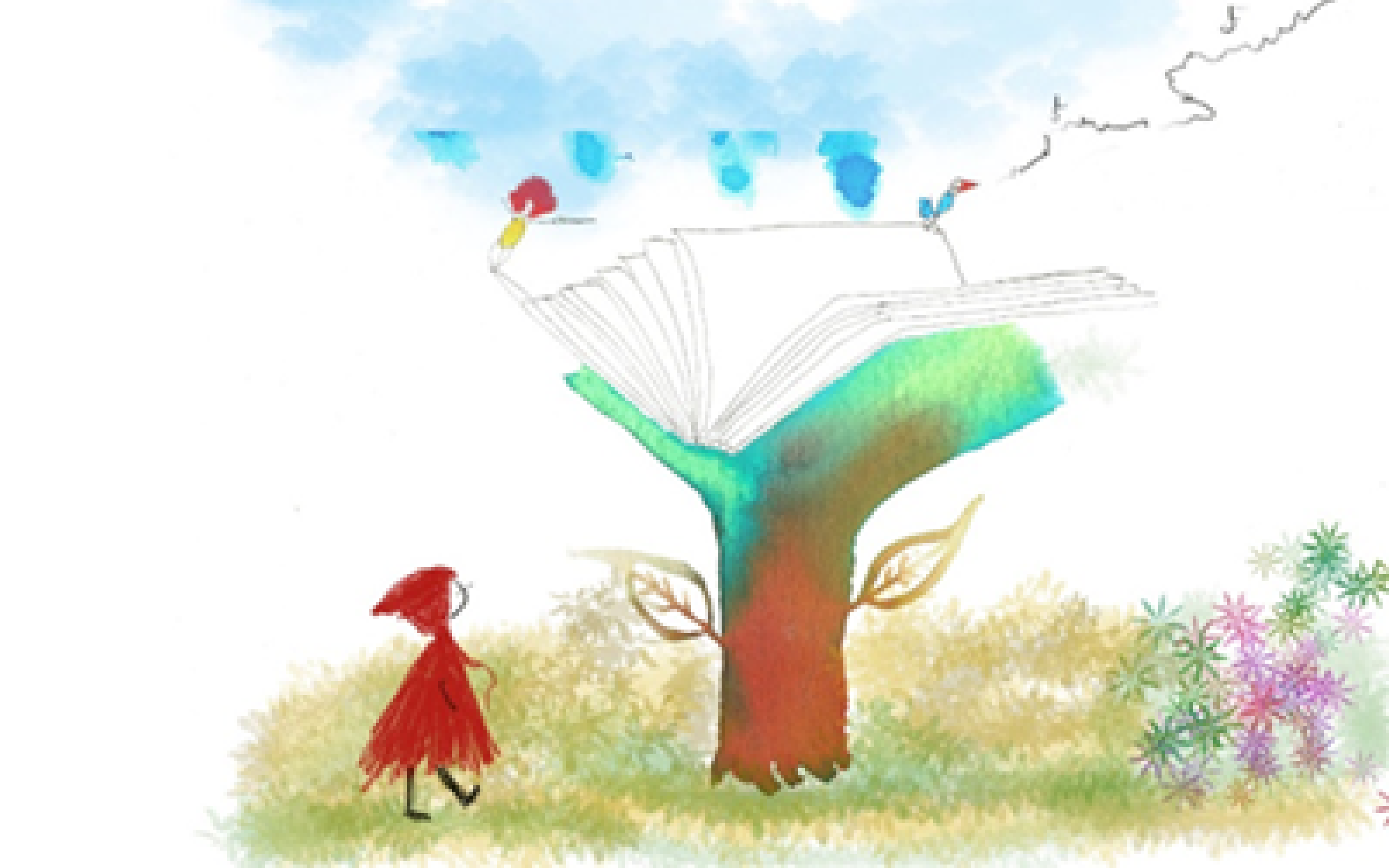Abstract
This study presents partial results of a supervised teaching practice within the scope of the Master’s in Teaching of the 1st Cycle of Basic Education and of Teaching Portuguese Language and History and Geography of Portugal in the 2nd Cycle of Basic Education, developed in the University of Minho and a cooperating school, with a 5th grade class. In total, the pedagogical intervention took place over 14 sessions, all lasting 90 minutes.
Through this pedagogical intervention project, which adopted the action research methodology, it was proposed to develop language learning centered on textual types, exploring the prototypical characteristics of narrative and dialogal texts. The Portuguese language was given a central role, but the activities promoting skills in this area were developed in close articulation with those to be developed by other areas, in an interdisciplinary way, namely with the components of the curriculum of History and Geography of Portugal, Citizenship and Development and ICT.
It was intended to identify strategies for successful pedagogical action in the process of developing students with regard to writing skills, analyzing whether learning through integrative practices improves their competence in this scope.
The data obtained from the analysis of the diagnostic test (a priori) and the analysis of the evaluation/metacognition test (a posteriori) revealed that the pedagogical action strategies were adequate, providing an increase in the students’ competences in relation to the structure of the textual types, as well as controlling the writing process.
References
Adam, J. M. (1992). Les Textes: Types et Prototypes. Récit, description, argumentation, explication et dialogue. Nathan.
Adam, J.M. (2011). A linguística textual: Introdução à análise textual dos discursos (2.ª ed.), rev. e aum. Cortez Editora.
Amor, E. (1993). Didáctica do português. Fundamentos e metodologias. Texto Editora.
Barbeiro, L. (1999). Os alunos e a expressão escrita. Consciência metalinguística e expressão escrita. Fundação Calouste Gulbenkian.
Barbeiro, L. F., & Pereira, L. A. (2007). O Ensino da Escrita: A dimensão textual. Ministério da Educação.
Buescu, H. C., Morais, J., Rocha, M. R., & Magalhães, V. F. (2015). Programa e Metas Curriculares de Português. Ensino Básico. Ministério da Educação e Ciência.
Camps, A. (Org.) (2006). Propostas didácticas para aprender a escrever. Artmed.
Gomes, C. S., Brocardo, J. L., Pedroso, J. V., Carrillo, J. L. A., Silva, L. M. U., Encarnação, M., Horta, M. J., Calçada, M. T., Nery, R. F., & Rodrigues, S. V. (2017). Perfil dos alunos à saída da escolaridade obrigatória. Ministério da Educação.
Máximo-Esteves, L. (2008). Visão Panorâmica da Investigação-Ação. Porto Editora.
Ministério da Educação (2018). Aprendizagens Essenciais: 5.º ano – 2.º Ciclo do Ensino Básico. Ministério da Educação.
Pereira, L. Á. (2000). Escrever em Português – Didácticas e práticas. Edições Asa.
Pereira, L. Á., & Cardoso, I. (Coord.) (2013). Reflexão sobre a escrita. O ensino de diferentes géneros de textos. UA Editora.
Reis, C. (Coord.), Dias, A., Cabral, A., Silva, E., Viegas, F., Bastos, G., Mota, I., Segura, J., & Pinto, M. (2009). Programas de Português do Ensino Básico. Ministério da Educação/DGIDC.
Roldão, M. (2009). Estratégias de ensino: O saber e o agir do professor. Fundação Manuel Leão.
Silva, P. N. (2012). Tipologias Textuais: Como classificar textos e sequências. Edições Almedina/CELGA.
Silva, P. N. (2015). Narrativo: Modo, género, tipo de texto ou tipo de sequência?. In: Literatura e gramática: um diálogo infinito. Atas do 11. º Encontro Nacional da Associação de Professores de Português. APP.
Sim-Sim, I., Duarte, C., & Micaelo, M. (2007). O Ensino da Leitura: A compreensão de textos. Ministério da Educação.

This work is licensed under a Creative Commons Attribution-NoDerivatives 4.0 International License.
